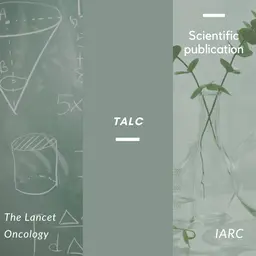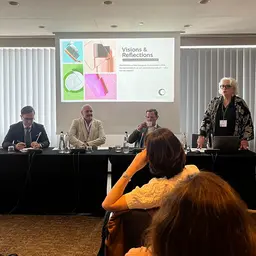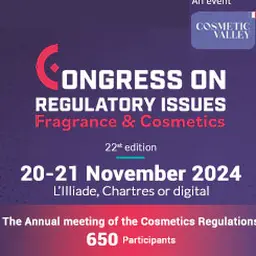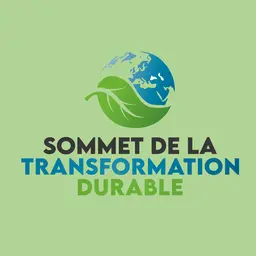
The hypothesis comes from a Californian team of researchers, who say they prove it: perfumes and cosmetics may play a major role in autism pathogenesis (the processes that cause it). Questioned: the mutagenic, neurotoxic and neuromodulatory substances they contain. The study is released in the Medical Hypotheses scientific journal.
Abstract
Autism spectrum disorders (ASDs) are developmental conditions characterized by deficits in social interaction, verbal and nonverbal communication, and obsessive/stereotyped patterns of behavior. Although there is no reliable neurophysiological marker associated with ASDs, dysfunction of the parieto-frontal mirror neuron system and underdeveloped olfactory bulb (OB) has been associated with the disorder.
It has been reported that the number of children who have ASD has increased considerably since the early 1990s. In developed countries, it is now reported that 1–1.5% of children have ASD, and in the US it is estimated that one in 88 children suffer from ASD.
Currently, there is no known cause for ASD. During the last three decades, the most commonly accepted paradigm about autism is that it is a genetically inherited disease. The recent trio analyses, in which both biological parents and the autistic child’s exomes (part of the genome) are sequenced, do not support this paradigm.
On the other hand, the environmental factors that may induce genetic mutations in vitro have not been clearly identified, and there is little irrefutable evidence that pesticides, water born chemicals, or food preservatives play critical roles in inducing the genetic mutations associated with known intellectual deficiencies that have been …













